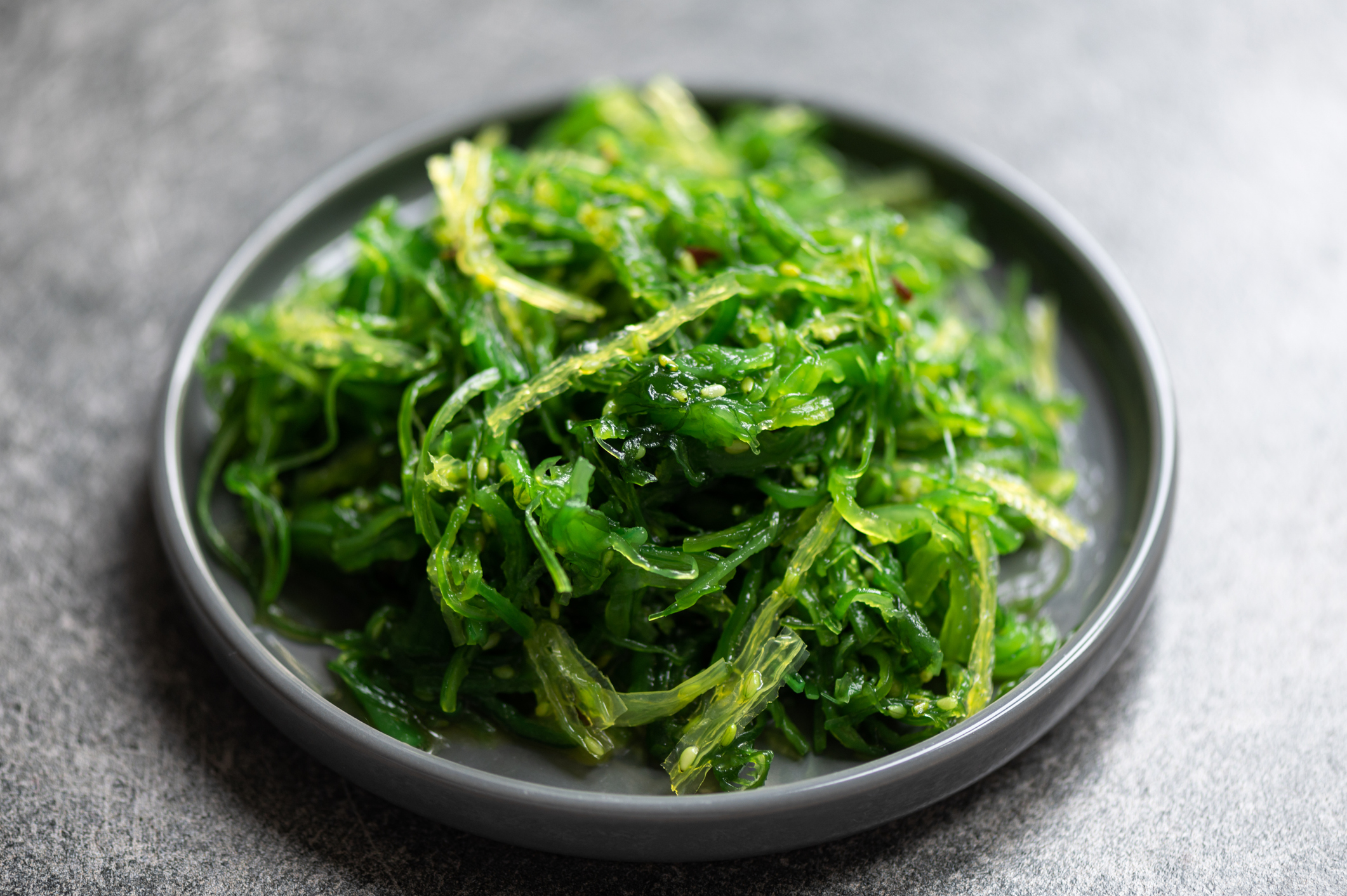A groundbreaking study has revealed the that seaweed antioxidants can help prevent Parkinson’s disease. The research, conducted by Osaka Metropolitan University’s Graduate School of Human Life and Ecology and led by led by Associate Professor Akiko Kojima-Yuasa, focused on the physiological effects of Ecklonia cava polyphenols on neurodegenerative conditions.
Parkinson’s disease, characterized by the loss of dopamine-producing neurons, affects motor control and cognitive function. As the global population ages, the prevalence of this condition is rapidly increasing.
The study utilized Parkinson’s disease model mice, administering Ecklonia cava polyphenols orally for one week before introducing rotenone, a substance known to induce Parkinson’s-like symptoms.
The results showed a significant restoration of motor function in the treated mice. Additionally, improvements were observed in intestinal motor function and colon mucosa structure.
Further cellular experiments validated the biochemical mechanisms behind the preventive effects of Ecklonia cava. The antioxidants were found to activate the AMPK enzyme, an intracellular energy sensor, while inhibiting the production of reactive oxygen species responsible for neuronal cell death.
“This study suggests that Ecklonia cava antioxidants may reduce neuronal damage by AMPK activation and inhibiting intracellular reactive oxygen species production,” said Professor Kojima-Yuasa. “It is hoped that Ecklonia cava will be an effective ingredient in the prevention of Parkinson’s disease.”
(Inputs from ANI)




















